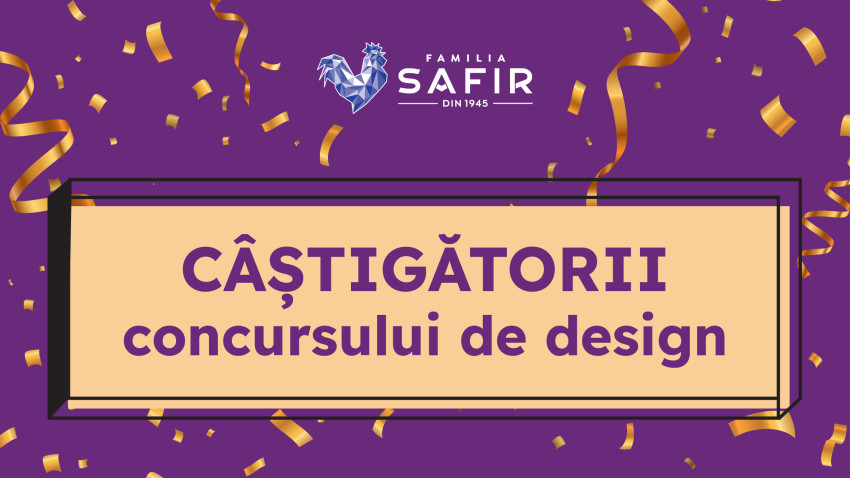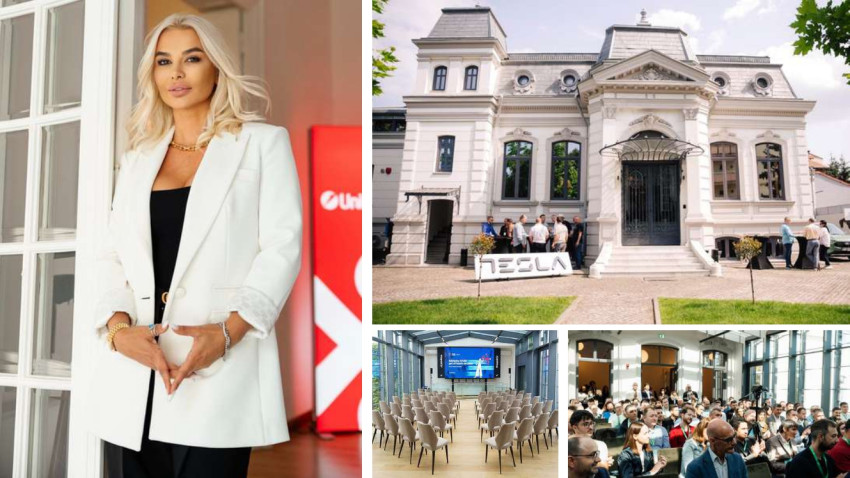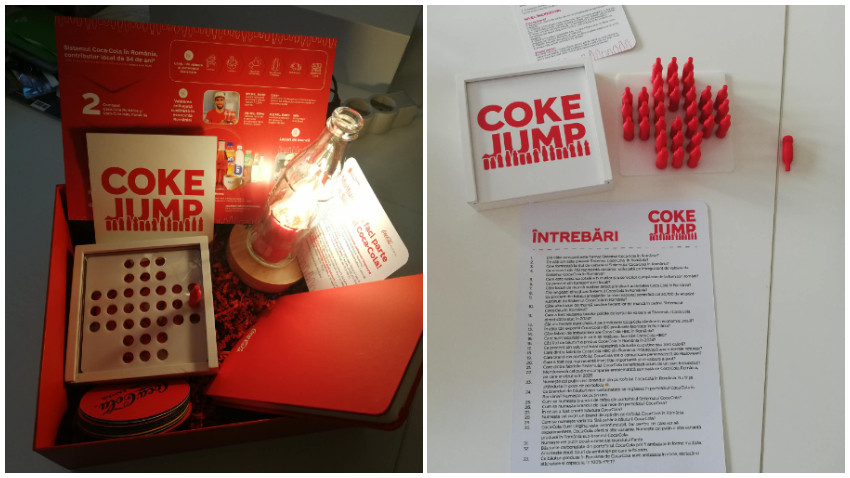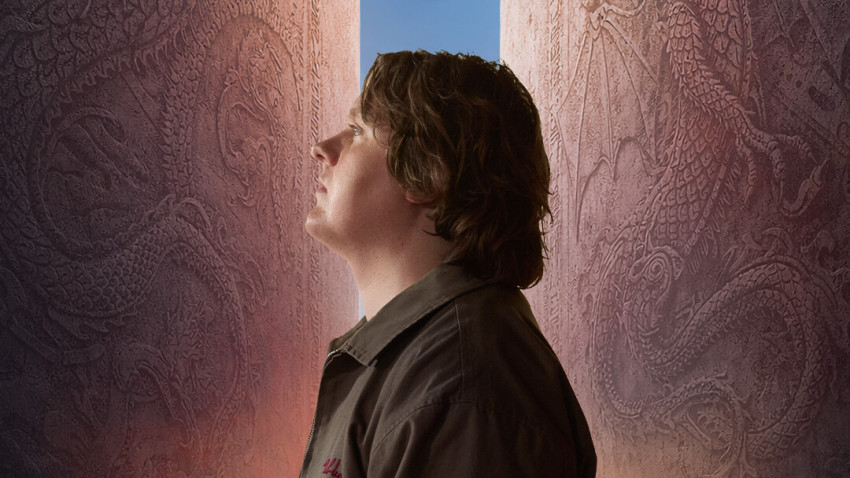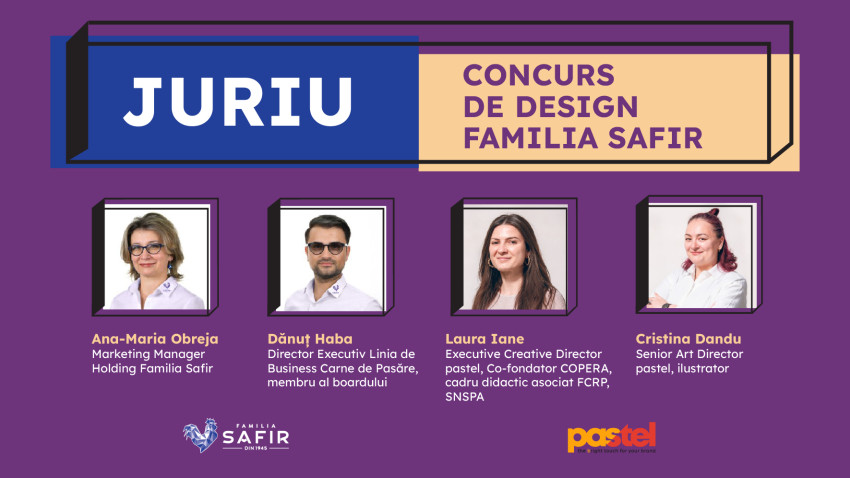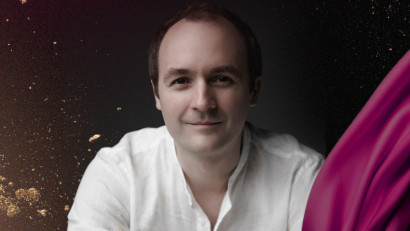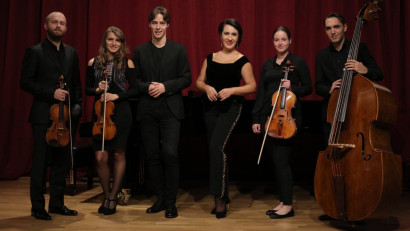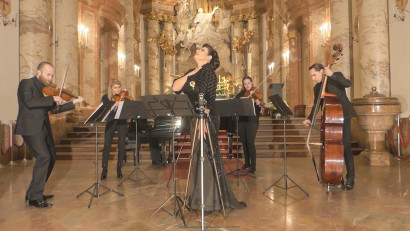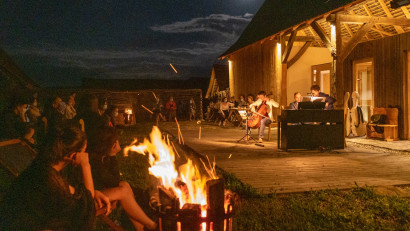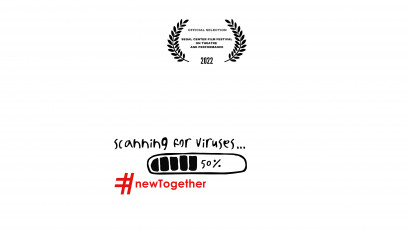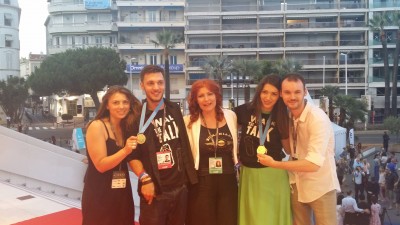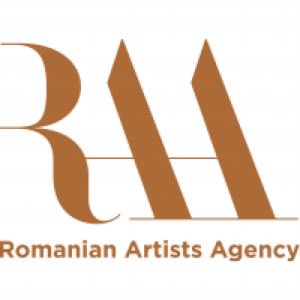After a rich and diverse musical journey through many countries in Europe, the Swiss flautist Philipp Jundt rediscovered the essence of music in South Korea, a country where he lived for almost a decade. He build his own performance style, based on personal experiences and a new perspective on music.
"For someone with a more traditional background like mine, immersing myself in this environment was a breath of fresh air. The free-spirited atmosphere, a convergence of various musical opinions and approaches, was inspiring. Surprisingly, this diverse and multi-stylistic setting had a profound effect on me", says Philipp.
Philipp Jundt performed last week on the Classix 2024 stage and also gave a masterclass at the festival. We talked with Philipp about his musical journey, his connection with Romania and how his perspective on music changed over the years.
Main chapters in your musical journey
My educational journey took me through countries where the classical music scenes remain relatively conservative and homogeneous. Interpretations of how to play Mozart or approach Bach may vary between countries like France, Germany, and Switzerland, but within each respective country, there tends to be a certain uniformity of style.
In contrast, my experience in South Korea, where I lived for almost a decade, significantly impacted my musical perspective. Despite having a relatively brief history in classical music, Korea has rapidly become a leading ecosystem in all facets of classical music over the last two decades. Similar to language, music in Korea is a fusion of tradition and the individual spirit of the time. The country serves as a melting pot of diverse styles and musical ideas. Numerous Korean musicians have studied abroad, bringing back a rich tapestry of influences and approaches.
For someone with a more traditional background like mine, immersing myself in this environment was a breath of fresh air. The free-spirited atmosphere, a convergence of various musical opinions and approaches, was inspiring. Surprisingly, this diverse and multi-stylistic setting had a profound effect on me. It led me back to the essence of music, enabling me to build my own style rooted in my understanding of the past, my analytical approach to music, and my personal feelings and expressions. Korea provided me with the opportunity to develop not only as a musician but also as an individual in this stimulating and liberating atmosphere. It played a crucial role in freeing my mind and fostering my journey towards becoming an independent yet highly reflective musician.
Your teaching career
I vividly recall a pivotal moment in my early years as a professor when I questioned why my students exhibited similar flaws, weaknesses, and strengths. This reflection marked a turning point in my teaching career. Having assumed a professorship just two years prior, I initially adhered to a strict regimen, feeling in control of my students' success. However, the realization struck that my students were, in essence, a reflection of how I had been teaching them. The weaknesses I identified in them mirrored my own neglected shortcomings, now poised to be confronted.
This experience not only prompted a profound transformation in my playing but, more significantly, reshaped my approach to teaching. Rather than molding my students into replicas of myself, I shifted towards cultivating their individual growth—encouraging them to challenge traditions, question the opinions of other musicians, confront themselves, and inquire before accepting anything, even challenging composers or historical perspectives and practices.
While this shift didn't make teaching easier, it opened the door to daily challenges, questions, and criticisms. Yet, this was the juncture at which I experienced the most substantial personal growth as a musician.
The Masterclass at the Classix Festival in Romania
Engaging with young talents through masterclasses in various countries is a source of immense joy in my life as a touring musician. Surprisingly, I haven't had the opportunity to teach in Romania until now. Although I visited Bucharest a few times during my teenage years for performances, I haven't had the chance to return since then. Nevertheless, I've had the pleasure of encountering several exceptionally talented Romanian musicians over the years, particularly in the realms of string and piano playing.
My genuine curiosity extends to the flute schools and traditions in Romania, and I'm eagerly looking forward to the prospect of meeting and collaborating with the students. The exchange of musical knowledge and experiences is a consistently rewarding aspect of my musical journey, and I am genuinely excited about the opportunity to contribute to the growth of young talent in Romania. Adding Romania to the list of places where I can share my insights and passion for music is a prospect that fills me with anticipation and enthusiasm.
When words are unnecessary
Some of the most profound musical experiences I've encountered happened in unexpectedly simple moments, not necessarily with the most renowned names in the industry. As a musician, there are times when you enter a room, begin rehearsing with a colleague, and instantly sense that words are unnecessary. There's a seamless connection as you play and breathe together, engaging in discussions, disagreements, teasing, and laughter – all without uttering a single word. These unspoken interactions are the truly invaluable moments.
One memorable instance was during the preparation for one of my previous CDs with the exceptional pianist Freddy Kempf. Throughout the entire recording process, we exchanged minimal words. A similar experience occurred during the preparation for this very concert in Iasi with the outstanding pianist Ulrich Koella, a musical companion of over 20 years. Despite not having played together for a while, it only took a few minutes during the initial rehearsal to realize that the more we trusted each other, the more we became musically united, not needing to discuss or lead each other, but communicate.
The classical music landscape in Romania
Throughout my studies, I had the privilege of collaborating with numerous exceptional musicians from Romania, particularly string players, pianists, and some remarkably talented clarinettists. When I think of Romanian classical music, it evokes images of profound emotions and a grand heart – perhaps a bit of a cliché, but one that resonates deeply with me. I must admit, I carry a personal bias, as my grandmother hails from Bessarabia, Shaba, forging a strong connection with Romania. She even spent some time living there, attending teacher’s school in Iasi, although she unfortunately lost her scholarship, possibly due to spending too much time with my recently-met grandfather.
In a way, Romania has always felt like a part of my own history. My grandmother, a person of extraordinary generosity, warmth, and reason, left an indelible mark on me. So, dear Romania, you now have the task of living up to my heartfelt expectations!
The story of Gonijam Music Festival
When I established the festival, it stemmed from my frustration with the conventional landscape of classical festivals. Many festivals rely heavily on sponsors, government support, or private and corporate funding to stay afloat. I held a strong conviction that classical music could and should be self-sustaining. In response, I envisioned and, alongside two partners, devised a festival model that could thrive without any external financial assistance. This innovative model included grand concert productions with substantial audience capacities (2700 people+, prestigious halls, and national TV coverage), intimate recital series featuring international artists collaborating with local musicians, and expansive masterclass programs.
From our very first year, the model proved successful, allowing us to operate without depending on external funds. However, the growth potential of this medium-sized festival was inherently limited. Recently, I took the step of stepping away from the festival, proud to have been its instigator and leader. It is now continued and grows into a broader festival, covering more diverse formats such as a collaboration with the Berlin Philharmonic’s Karajan Academy among others. Simultaneously, I am eager to embark on new challenges, potentially in other Asian countries, continuing my journey with the same enthusiasm that fueled the inception of this remarkable festival.
The power of music
It continues to amaze me how profoundly impactful art can be. The challenges and misunderstandings that often arise in organizing events and coordinating diverse artists are substantial, and perhaps inevitable. Yet, when these same individuals step onto the stage, those hurdles seem to effortlessly dissolve. There's a silent understanding, transcending words. Despite being distinct individuals with vastly different backgrounds, competing for the spotlight and seeking the most significant impact on stage, music becomes the unifying medium that helps us navigate and harmonize our differences more seamlessly than language ever could. It took me years to truly grasp the immense power of music.
What's next
During the pandemic, I had the opportunity to pursue a long-cherished dream of mine – obtaining an Executive Master of Business Administration (MBA) at the Judge Business School of the University of Cambridge. Over the course of this two-year program, I collaborated closely with the Bill & Melinda Gates Foundation on a philanthropic initiative focused on sub-Saharan Africa. The project aimed to establish food security by promoting and supporting fish farming in marginalized areas.
Upon completing my MBA, the Gates Foundation expressed continued interest in my involvement, and I am currently working part-time as the Finance & Investment Lead for a UK-based company closely affiliated with the Gates Foundation. My responsibilities include managing investments and developing financing models for the marginalized and unbanked in the Aquaculture Industry. Despite my global travels as a flutist, this philanthropic work has provided an immensely gratifying counterbalance to my musical pursuits.
In addition to my philanthropic endeavours, I am thrilled about my upcoming major project with the chamber orchestra of the Berlin Philharmonic Orchestra, the Berliner Barock Solisten. I am realizing yet another childhood dream by recording a series of five albums/CDs with them. The collection features flute concertos by five eminent 18th-century masters – Mozart, Vivaldi, CPE Bach, JS Bach, and Vivaldi – along with compositions by the Swiss maestro D.P. Hefti.




